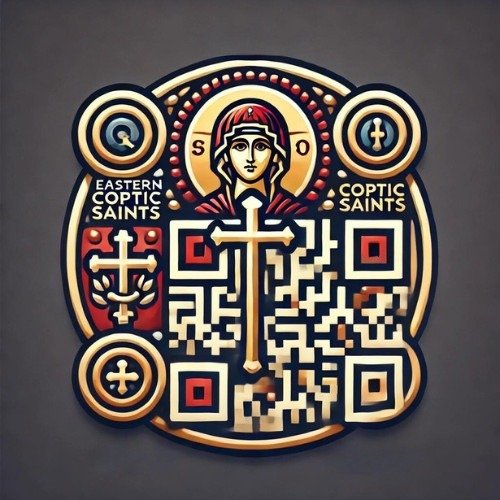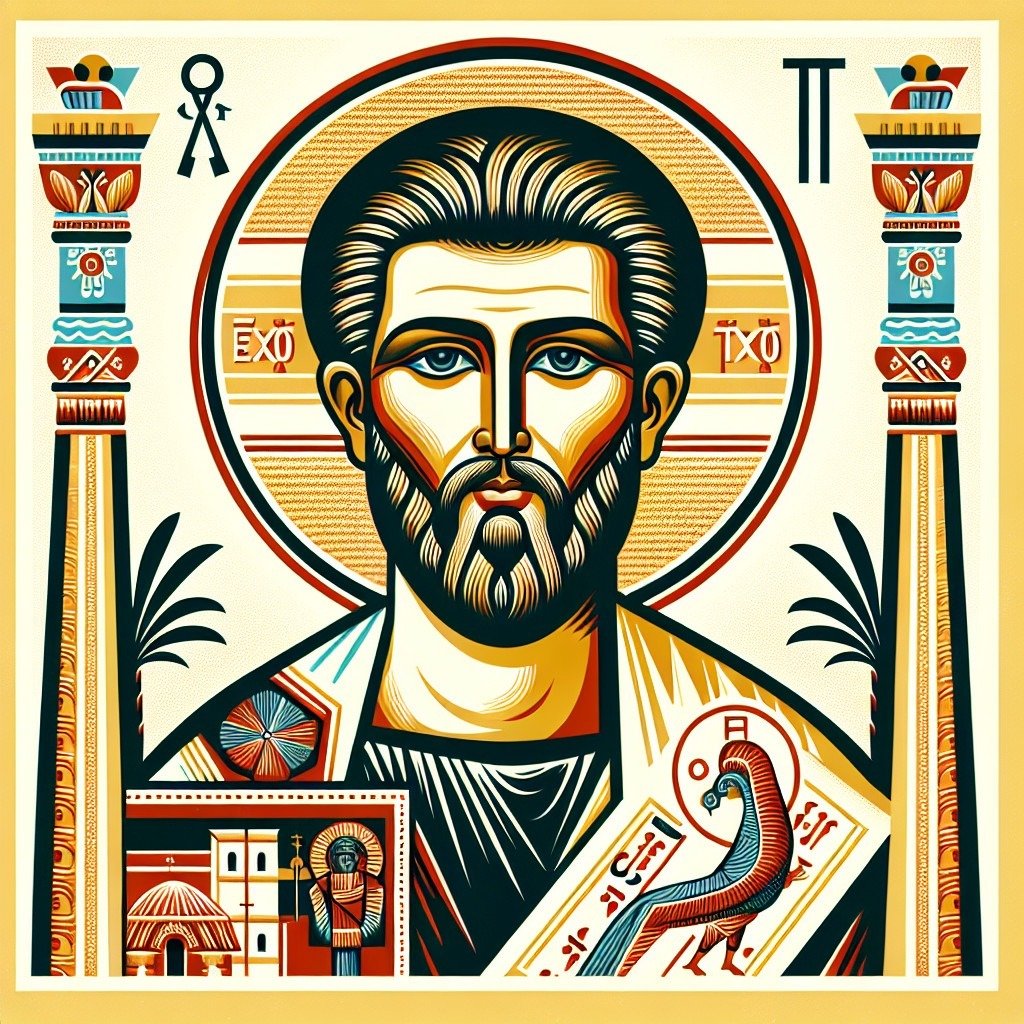St. John Chrysostom, one of the most venerated saints of the early Christian Church, was born in Antioch around 347 AD. His early life was marked by rigorous intellectual training and devotion to the Christian faith. He received an excellent education under the guidance of renowned teachers like Libanius, a prominent pagan rhetorician, and Diodorus of Tarsus, a well-respected Christian teacher.
John’s ascetic inclination led him to join a monastic community, and he spent several years in seclusion, dedicating himself to prayer, fasting, and the study of Scriptures. His health, however, deteriorated, prompting him to return to Antioch where he was ordained a deacon in 381 AD and later a priest in 386 AD.
Renowned for his eloquence in preaching, John earned the epithet “Chrysostom,” which means “Golden-Mouthed.” His sermons, characterized by their clarity and moral integrity, attracted large congregations and addressed various aspects of Christian life and doctrine. John’s commitment to reform within the Church extended to his severe criticism of the clergy’s corruption and the laxity of lay Christians.
In 398 AD, John was reluctantly appointed Archbishop of Constantinople. His tenure as archbishop was marked by significant reform efforts and an unwavering stance against immorality and opulence. His efforts often brought him into direct conflict with influential figures, including Empress Eudoxia, who felt personally attacked by John’s condemnation of luxury and extravagance.
These confrontations led to his eventual deposition and exile in 403 AD, orchestrated by a synod biased against him. Although briefly restored to his position after popular demand, John continued to face opposition and was exiled again in 404 AD. His later years were spent enduring hardships and writing letters of encouragement to his followers. John Chrysostom passed away on September 14, 407 AD, while being transported to a more remote exile location.
St. John Chrysostom’s legacy endures through his extensive writings, which include homilies, letters, and treatises. His contributions to Christian theology and liturgy, particularly the Divine Liturgy of St. John Chrysostom, remain integral to Christian worship, especially within the Eastern Orthodox and Eastern Catholic Churches.
The blessing of our blessed St. John Chrysostom be with us. Amen.

